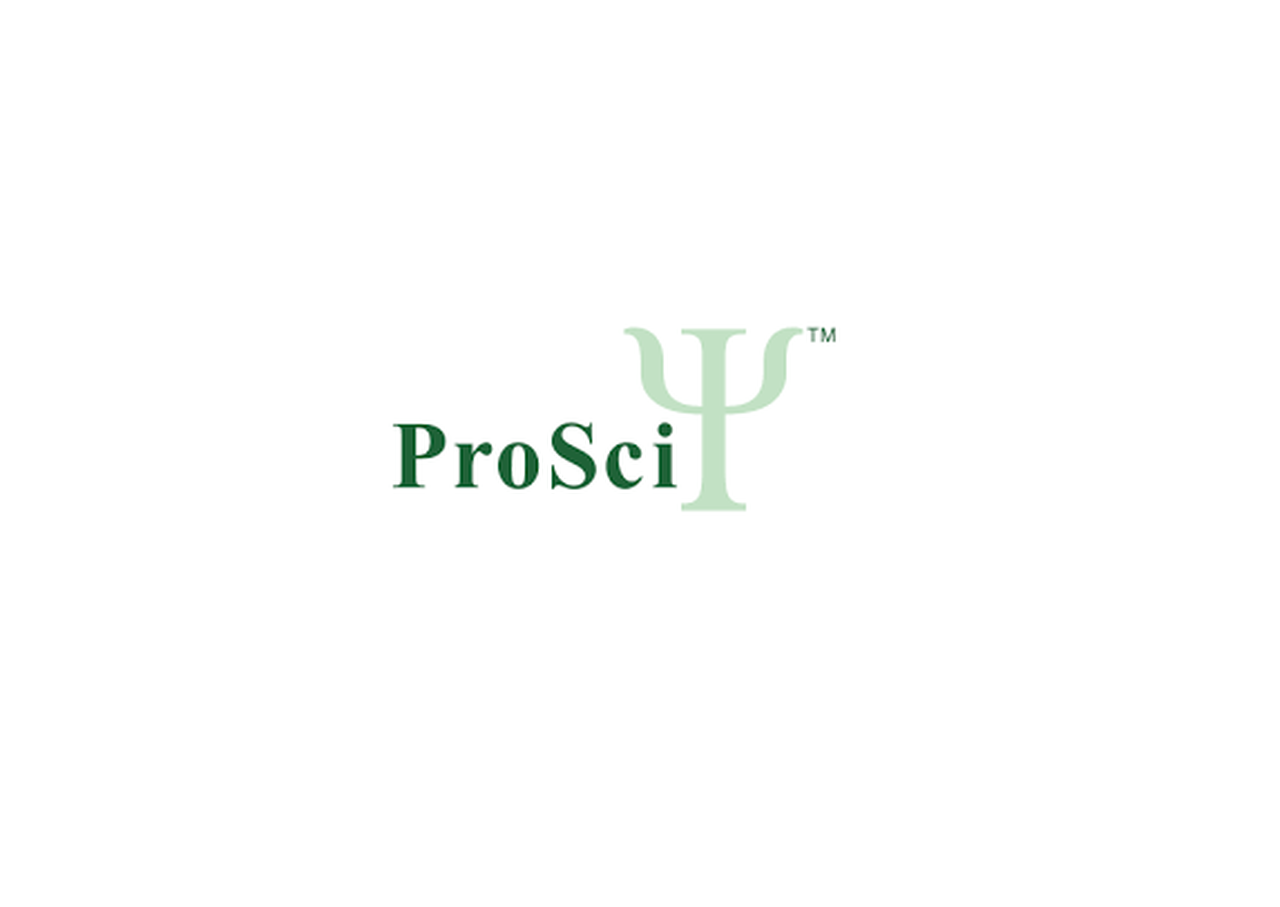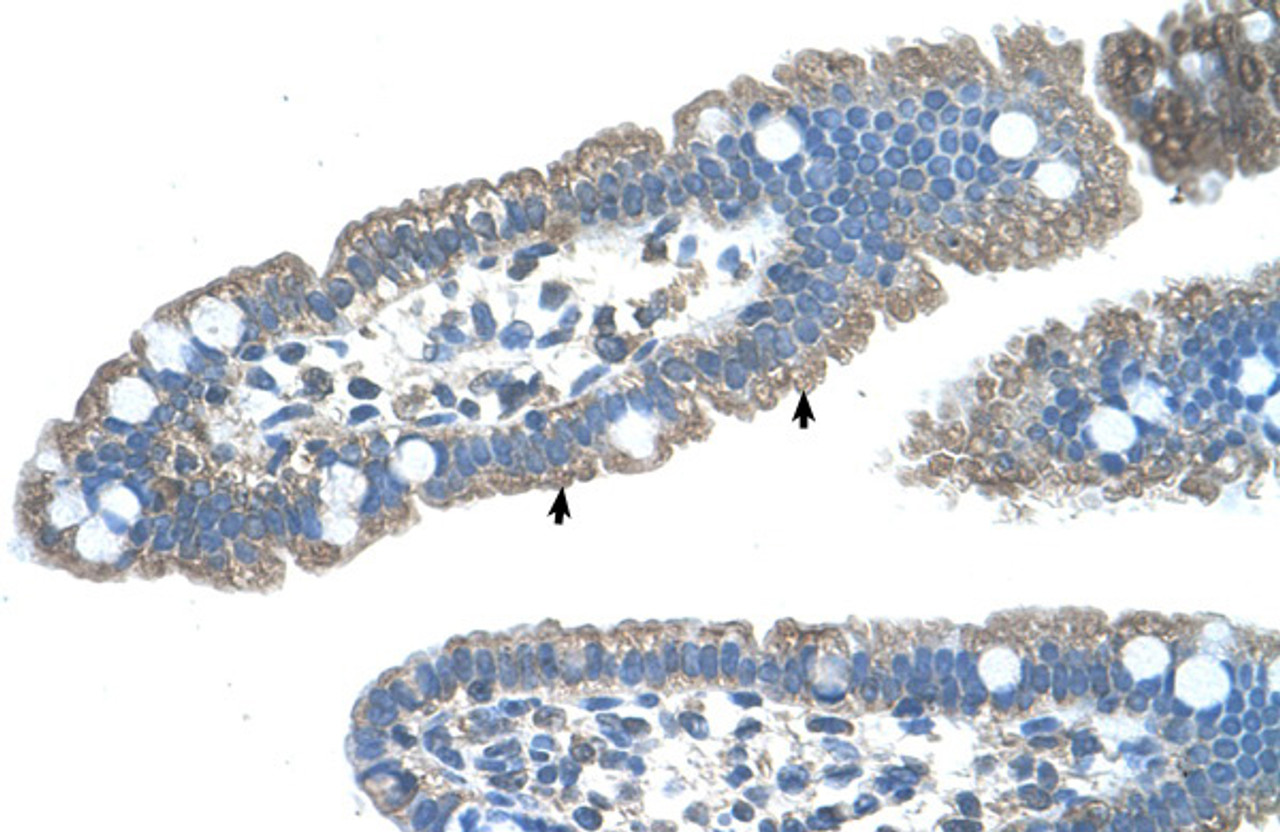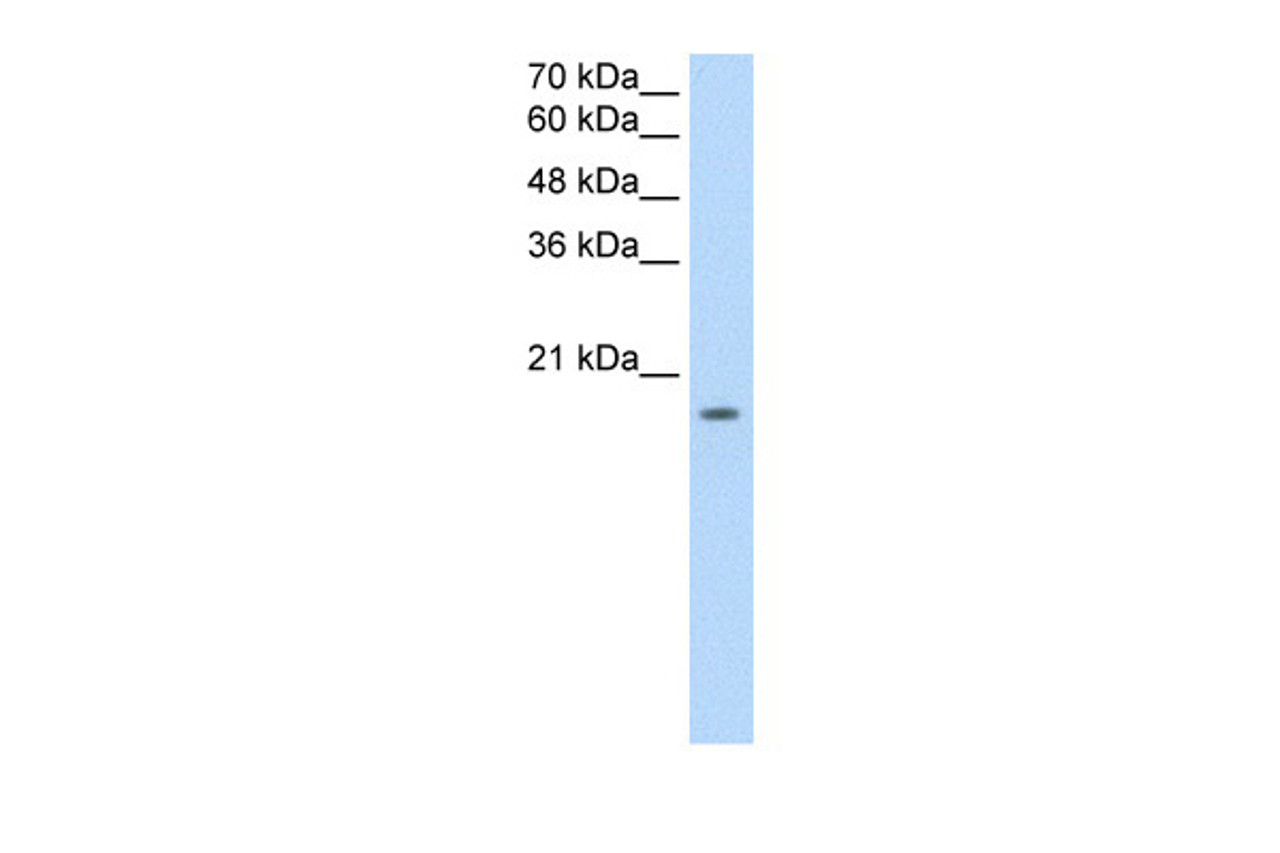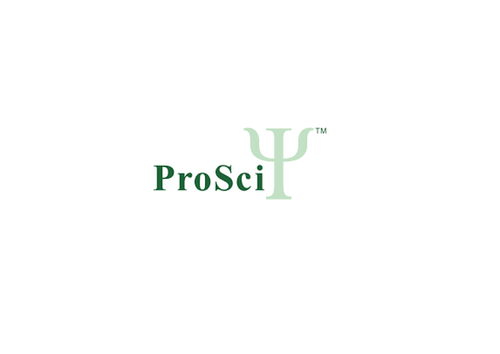Product Description
EDG8 Antibody | 29-785 | ProSci
Host: Rabbit
Reactivity: Human, Mouse, Rat, Dog, Pig, Bovine
Homology: N/A
Immunogen: Antibody produced in rabbits immunized with a synthetic peptide corresponding a region of human EDG8.
Research Area: Other
Tested Application: E, WB, IHC
Application: EDG8 antibody can be used for detection of EDG8 by ELISA at 1:312500. EDG8 antibody can be used for detection of EDG8 by western blot at 2.5 μg/mL, and HRP conjugated secondary antibody should be diluted 1:50, 000 - 100, 000.
Specificiy: N/A
Positive Control 1: Cat. No. 1205 - Jurkat Cell Lysate
Positive Control 2: N/A
Positive Control 3: N/A
Positive Control 4: N/A
Positive Control 5: N/A
Positive Control 6: N/A
Molecular Weight: 16 kDa, 17 kDa, 14 kDa
Validation: N/A
Isoform: N/A
Purification: Antibody is purified by protein A chromatography method.
Clonality: Polyclonal
Clone: N/A
Isotype: N/A
Conjugate: Unconjugated
Physical State: Liquid
Buffer: Purified antibody supplied in 1x PBS buffer with 0.09% (w/v) sodium azide and 2% sucrose.
Concentration: batch dependent
Storage Condition: For short periods of storage (days) store at 4˚C. For longer periods of storage, store EDG8 antibody at -20˚C. As with any antibody avoid repeat freeze-thaw cycles.
Alternate Name: EDG8, Edg-8, S1P5, S1PR5, SPPR-1, SPPR-2, EDG8
User Note: Optimal dilutions for each application to be determined by the researcher.
BACKGROUND: EDG8 is a receptor for the lysosphingolipid sphingosine 1-phosphate (S1P) . S1P is a bioactive lysophospholipid that elicits diverse physiological effect on most types of cells and tissues. It Is coupled to both the G (i/0) alpha and G (12) subclass of heteromeric G-proteins (By similarity) . It may play a regulatory role in the transformation of radial glial cells into astrocytes and may affect proliferative activity of these cells.The modification of proteins with ubiquitin is an important cellular mechanism for targeting abnormal or short-lived proteins for degradation. Ubiquitination involves at least three classes of enzymes: ubiquitin-activating enzymes, or E1s, ubiquitin-conjugating enzymes, or E2s, and ubiquitin-protein ligases, or E3s. This gene encodes a member of the E2 ubiquitin-conjugating enzyme family. This enzyme functions in the ubiquitination of the tumor-suppressor protein p53, which is induced by an E3 ubiquitin-protein ligase. Two alternatively spliced transcript variants have been found for this gene and they encode distinct isoforms.
 Euro
Euro
 USD
USD
 British Pound
British Pound
 NULL
NULL
















